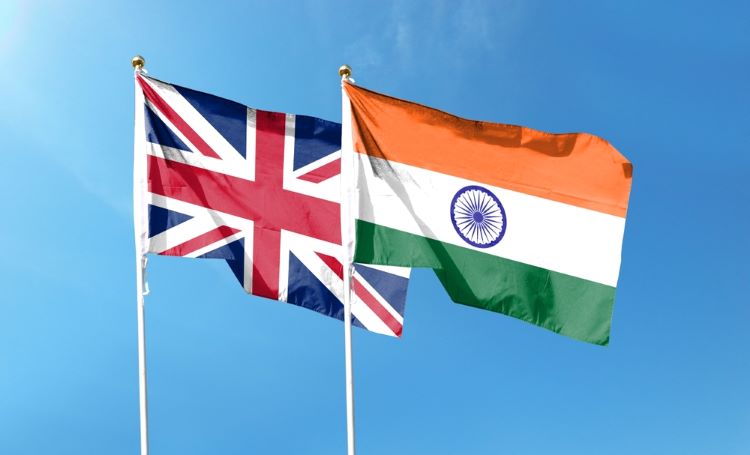Landmark UK-India trade deal insufficient for life sciences, says industry body
Posted: 7 May 2025 | Catherine Eckford (European Pharmaceutical Review) | No comments yet
The multi-billion-pound deal provides a boost to the UK’s economy, however it lacks provision to aid the country’s growth ambitions, states the ABPI.


The UK and India have agreed a major trade deal, however it does not provide sufficient support the UK pharmaceutical industry, according to the Association of the British Pharmaceutical Industry (ABPI).
While the UK government considers the agreement to be the UK’s largest and most “economically significant bilateral trade deal” since its EU exit in 2020, the industry body argued that it does not address key areas such as intellectual property protections for innovators within the Indian market.
ABPI stated that this is of concern, considering the need for regulatory data protection, thus preventing the life sciences sector “from realising the true potential of this deal”.
“As one of the UK’s largest exporting sectors, it’s disappointing that this deal seemingly won’t support the UK’s growth ambitions for pharmaceuticals. Robust intellectual property protections are fundamental for the innovation our companies deliver, but we believe an opportunity has been missed by the UK to demonstrate a commitment to high IP standards for our sector in this agreement.
“We urge the government to use ongoing negotiations with other key trading partners, including the EU, US, and Switzerland, to deliver agreements that better support Britain’s pharmaceutical industry,” Richard Torbett, ABPI Chief Executive shared.
Impact of the UK-India trade deal on the UK’s economy
We urge the government to use ongoing negotiations with other key trading partners, including the EU, US, and Switzerland, to deliver agreements that better support Britain’s pharmaceutical industry”
Yet positively, the new UK-India trade deal facilitates reduced tariffs on medical devices, offering new opportunity for the industry in the UK. Overall, the agreement supports free trade between both countries.
Indian tariffs will be cut, resulting in reductions on 90 percent of tariff lines, with 85 percent of these becoming fully tariff-free within ten years, making UK exports more competitive. It is anticipated to boost bilateral trade by £25.5 billion each year in the long term, according to the UK government.
India is expected to become the third largest economy globally within three years, based on research from the IMF World Economic Outlook April 2025.
“By striking a new trade deal with the fastest-growing economy in the world, we are delivering billions for the UK economy… In times of global uncertainty, a pragmatic approach to global trade that provides businesses and consumers with stability is more important than ever,” explained UK Business and Trade Secretary Jonathan Reynolds.
Related topics
Drug Markets, Drug Supply Chain, Industry Insight, Regulation & Legislation, Research & Development (R&D), Supply Chain, Therapeutics
Related organisations
ABPI (Association of the British Pharmaceutical Industry), UK Government









